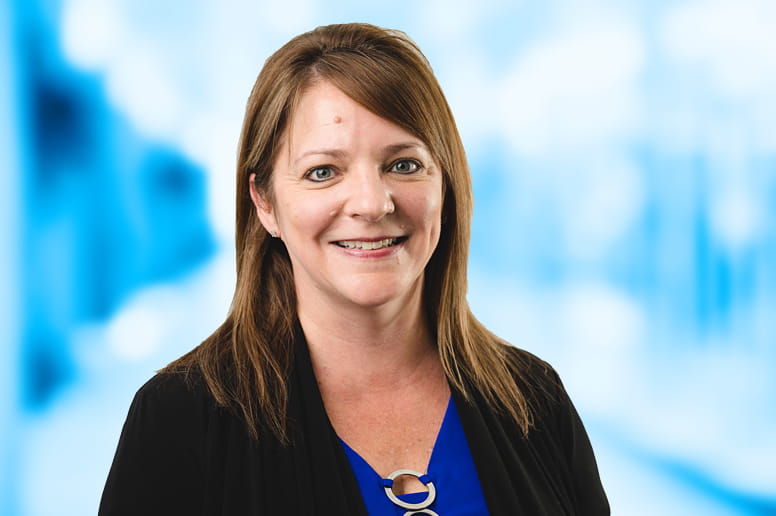Geisinger’s Christa Martin selected for Carol Emmott Fellowship
Geisinger researcher one of 21 women selected for prestigious national program
The Carol Emmott Fellowship provides support and resources to exceptional women leaders in healthcare. Fellowship recipients complete a 14-month program with hand-selected mentors and a nationwide network of senior executive leaders in the field. Fellows are nominated by their sponsoring organizations and compete for acceptance into the program with a proposed impact project to advance a specific area of health. They continue to work for their organizations during the fellowship, building networking relationships with other top leaders and exercising leadership skills as they implement their impact projects.
“The Carol Emmott Fellowship program provides an outstanding opportunity to improve healthcare for all by leveraging the strengths and talents of female leaders in the field,” Martin said. “I am honored to join this group of exceptional women.”
Martin is part of the leadership team for Geisinger’s MyCode Community Health Initiative, a groundbreaking precision health program with more than 250,000 participants that is integrating genomic medicine into routine healthcare.
She received her Bachelor of Science degree from Penn State University and completed her doctorate in human genetics at the University of Pittsburgh. She completed postdoctoral training at the University of Chicago and remained on faculty as an assistant professor and director of the Clinical Cytogenetics Laboratory. Before joining Geisinger, Martin was an associate professor in the department of human genetics at Emory University and operations director of Emory Genetics Laboratory.
Martin’s fellowship project will expand Geisinger’s Population Health DNA Screening Program to identify more individuals at risk for genetic diseases and evaluate how the results impact related medical costs. Population-based DNA screening involves testing all patients for disease-causing changes that occur in a defined list of genes.
“For many years, genetic testing has been used as the standard of care in individuals who have a personal or family history of certain conditions, like cancer or heart disease, to look for changes in their DNA that increase their risk for disease,” Martin said. “Now, our experience from MyCode has shown that we can practice anticipatory medicine through broad-based DNA screening of all patients – not only those who have had a personal or family history – to determine who is at risk for certain genetic conditions. The next critical step is to determine how to support the use of this screening test more broadly and incorporate it into routine healthcare.”
About Geisinger
Geisinger is among the nation’s leading providers of value-based care, serving 1.2 million people in urban and rural communities across Pennsylvania. Founded in 1915 by philanthropist Abigail Geisinger, the non-profit system generates $10 billion in annual revenues across 134 care sites - including 10 hospital campuses, and Geisinger Health Plan, with 600,000 members in commercial and government plans. The Geisinger College of Health Sciences educates more than 5,000 medical professionals annually and conducts more than 1,400 clinical research studies. With 26,000 employees, including 1,600 employed physicians, Geisinger is among Pennsylvania’s largest employers with an estimated economic impact of $14 billion to the state’s economy. On March 31, 2024, Geisinger became the first member of Risant Health, a new nonprofit charitable organization created to expand and accelerate value-based care across the country. Learn more at geisinger.org or connect with us on Facebook, Instagram, LinkedIn and X.

For media inquiries:
Ashley Andyshak Hayes
Marketing Strategist
Marketing & Communications
570-271-8081
arandyshakhayes@geisinger.edu
